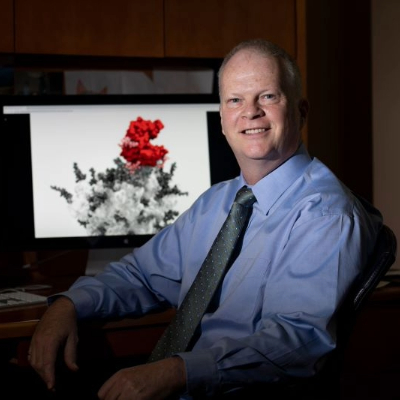Prashant Doshi
Entrepreneur of the Year 2025
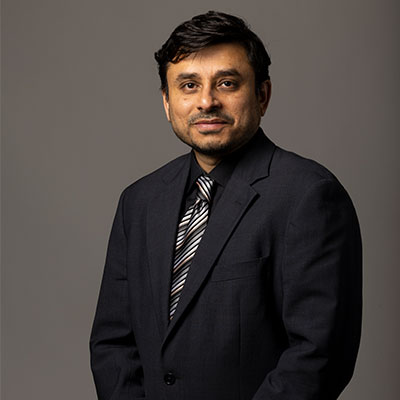
Prashant Doshi, professor in the School of Computing, is transforming artificial intelligence research into real-world applications through his work on human-robot collaboration and inverse reinforcement learning. His research has broad implications across industries, including agriculture, where he is developing AI-driven collaborative robots (cobots) to streamline produce processing operations. To bring this technology to market, Doshi co-founded InversAI, a company focused on commercializing AI-powered automation. Under his leadership, the company secured grants from the Georgia Research Alliance and NSF Small Business Technology Transfer, funding the first application of AI-driven cobots in onion sorting and enabling onsite trials of the technology in Georgia’s onion processing sheds. By bridging academic research and industry, Doshi exemplifies the successful transition of university-based innovation into practical, scalable technologies. His work continues to push the boundaries of AI-driven robotics, shaping the future of intelligent automation and expanding its role in commercial and industrial settings.



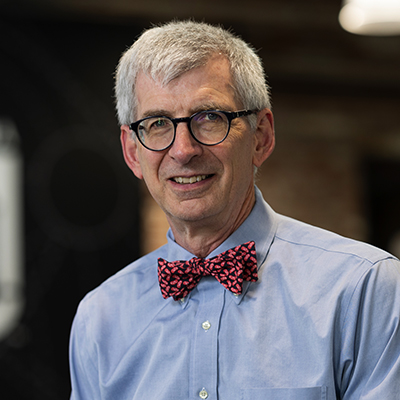
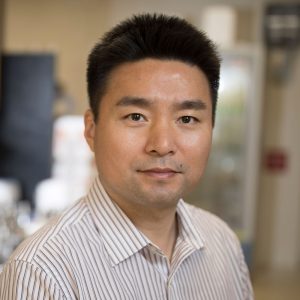 Entrepreneur of the Year Award 2018
Entrepreneur of the Year Award 2018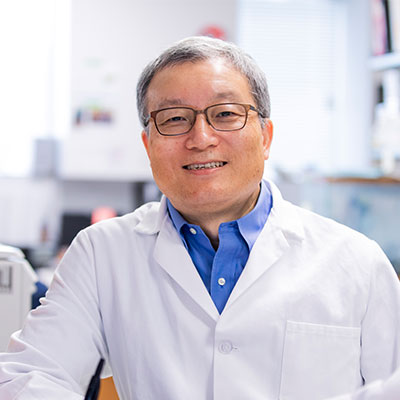
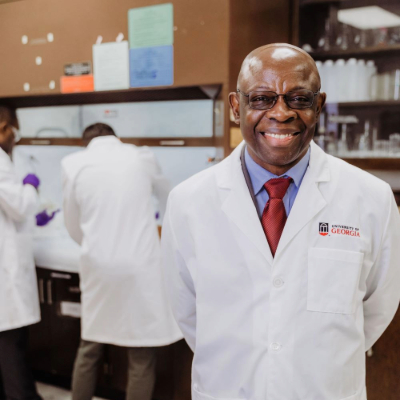
 Entrepreneur of the Year Award
Entrepreneur of the Year Award Academic Entrepreneur of the Year 2015
Academic Entrepreneur of the Year 2015